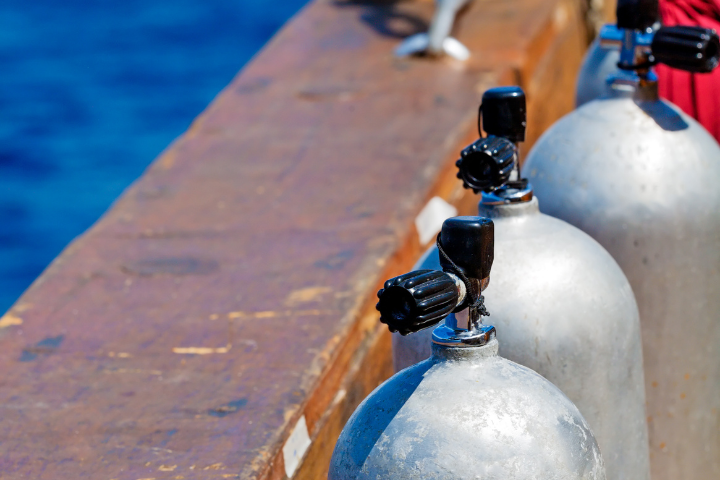Fire Safety
Stream Marine Training offers STCW approved Fire Fighting courses, see below to find which training suits you.
Held at our fire ground premises next to Glasgow airport, you will pick up essential skills on fire prevention and firefighting as well as well as be able to develop your knowledge at the update courses we offer. The firefighting courses offered include STCW Advanced Fire Fighting (AFF) which can be completed individually or as part of STCW Basic Safety Training Week (BSW). For information on each course, please click below to find out more.

0.5 Day

0.5 Day Webinar

1 Day

2 Day On Site Course

1.5 days

1.5 days

1 day

3 days












